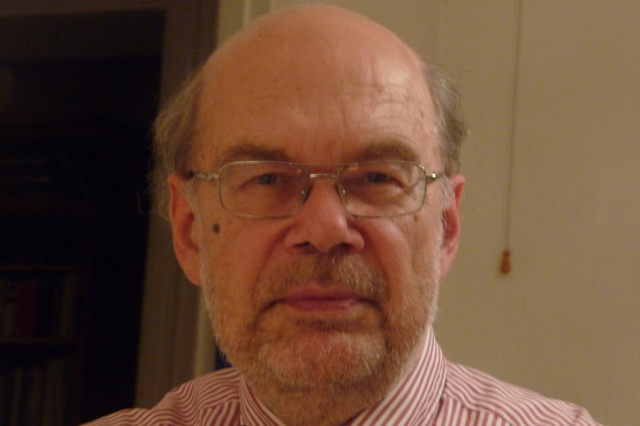题目:Older People in Sweden Without Means: On the Importance of Age at Immigration for Being 'Twice Poor'
时间:2:30 PM – 4:00 PM, September 11, 2019 9月11日下午2:30 – 4:00
地点: Room 1620,Back Main Building 后主楼1620
主讲人:Professor Björn Gustafsson, University of Gothenburg, Sweden,and
Institute for the Study of Labor (IZA) Bonn, Germany

主讲人简介Professor Bjorn Gustafsson has been working at the University of Gothenburg,Sweden for more than 30 years, who places emphasis on Labor Economics, Quantitative Social Research, Social Policy. He had worked at the Swedish Council for Social Research(SFR) as a senior researcher in Social Policy with an emphasis on poverty and income maintenance questions (based at the Department of Social Work, University of Goteborg) from July 1996 to June 2002. Meanwhile, he has worked as a research fellow at Institute for Study of Labor (IZA), Bonn, Germany since 1999, and refereed assignments for more than 50 different academic journals.
讲座简介:
This paper examines immigrant poverty at an older age in Sweden with an emphasis on late-in-life immigrants. We analyse tax data for the entire Swedish-born and non-Swedish-born population. The poverty status of a household is assessed using two criteria. First, the disposable income of the household in which the person lived in 2007 must be below 60 per cent of the median equivalent in-come in Sweden as a whole. Second, to be classified as 'twice poor' a household net assets must be below SEK 10,000. The results indicate that three out of four Swedish-born older persons were not classified as poor by either of the criteria, and only one per cent by both criteria. In contrast, among older persons born in low-income countries almost three out of four were classified as poor according to one of the criteria and not fewer than one in three according to both. Results of estimating logistic models indicate that the risk of being considered poor according to both criteria is strongly positively related to one's age at immigration. Our results indicate that it is crucial that migrants, particularly those who arrive after age 40, be better integrated into the Swedish labour market. To alleviate poverty among those migrants who are already of older age, increased transfers are probably the only possible alternative.

